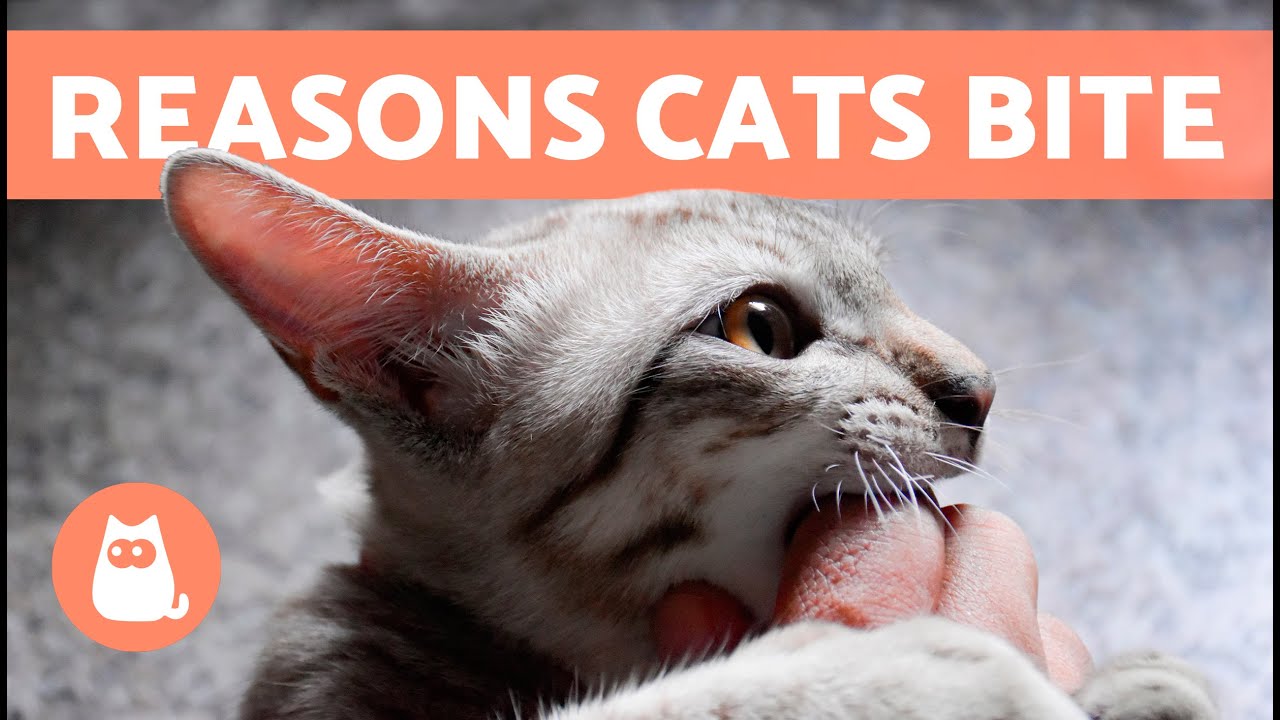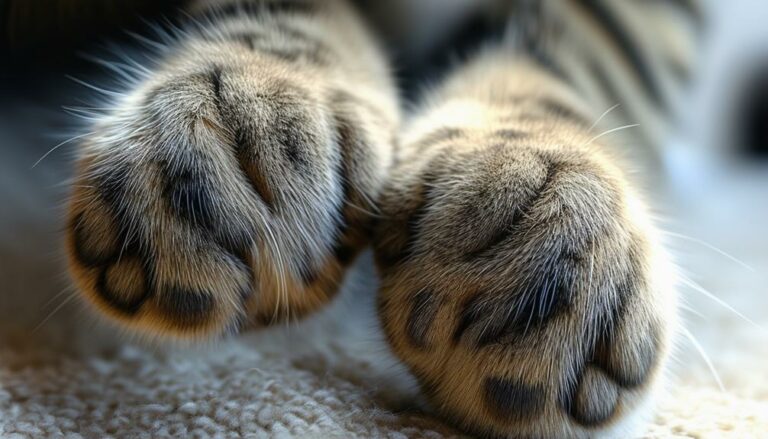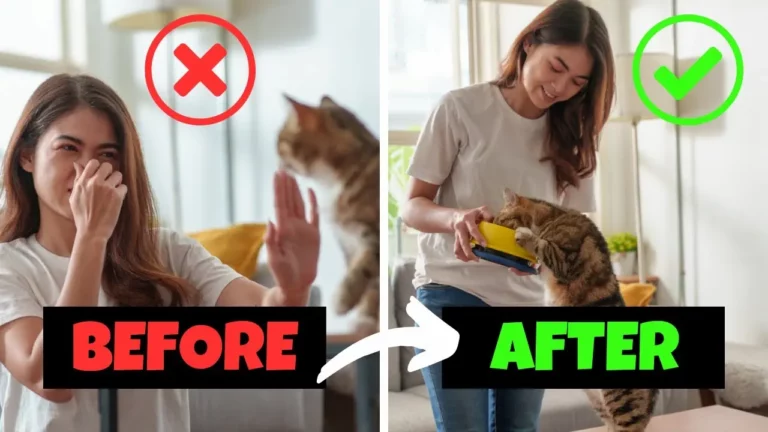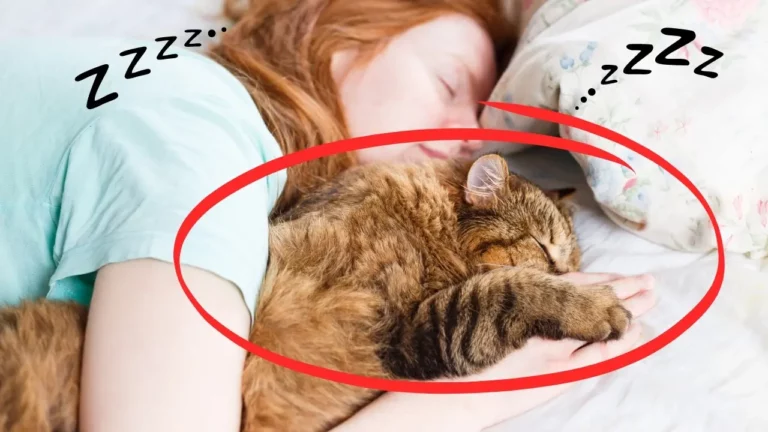6 Reasons Why Your Cat Bites You
When my
There are actually six main reasons why she might do this, ranging from overstimulation to health issues.
It’s fascinating how something as simple as too much petting can lead to a quick nip, or how her natural play aggression can sometimes get out of hand.
But it’s not just about playfulness; fear, anxiety, and even territorial instincts play a role.
And let’s not forget how underlying health problems can manifest as sudden biting. Want to know more about these reasons and how to address them effectively?
Overstimulation
To guarantee, it’s crucial to
When your
Sometimes, I notice my
These are signs she’s had enough. If I don’t pay attention, she might bite to tell me to stop.
Overstimulation can happen quickly. One moment, I’m scratching her chin, and the next, she’s had enough.
It’s crucial to observe and understand her body language.
Ears flattening, skin rippling, or a sudden shift in demeanor are all cues that she’s reaching her limit. Ignoring these signals can lead to a bite, which is her way of saying she needs a break.
To prevent this, I try to keep petting sessions short and sweet, always watching for any signs of discomfort.
If she shows any, I stop immediately. Giving her space respects her boundaries and helps build trust.
Play Aggression
Another reason your
When your
When I play with my
It’s her way of expressing her hunting instincts.
To manage play aggression, I make sure to use toys that keep a safe distance between my hands and her teeth or claws.
Wand toys or laser pointers are excellent for this purpose.
I’ve also learned to recognize the signs that she’s getting too worked up, like dilated pupils or a twitching tail.
When I see these signs, I take a break from play to let her calm down.
Redirecting her energy to appropriate toys and giving her plenty of exercise helps reduce her need to bite me during play.
Understanding play aggression has made our playtime more enjoyable and less painful for both of us.
Fear or Anxiety
Fear or anxiety can also cause your
When a
Imagine a sudden loud noise or unfamiliar person entering your home; your
This reaction isn’t about aggression but rather a way for the
I’ve noticed that changes in the environment can trigger this kind of biting behavior.
Moving to a new house, introducing a new pet, or even rearranging furniture can make a
The key is to identify what’s causing the fear or anxiety and try to mitigate it.
Providing a safe space, like a quiet room or a cozy hideaway, can help your
Understanding your
By recognizing these signs early, you can take steps to calm your
Patience and gentle reassurance can go a long way in building your
Redirected Aggression
Redirected aggression happens when your
Since it can’t access the outdoor intruder, it may turn its frustration towards you, the nearest companion.
I’ve noticed that cats can be easily overstimulated by sights, sounds, or even smells.
Imagine your
It’s in hunting mode, but the barriers of the window prevent it from acting on its instincts.
When you approach or try to comfort it during this heightened state, your
To manage this, I find it helpful to identify and eliminate potential triggers.
Close the blinds if outside animals frequently provoke your
Understanding that redirected aggression is a natural response helps in addressing it compassionately and effectively, fostering a safer and more harmonious relationship with your companion.
Territorial Instincts
Cats have a strong territorial instinct that can lead to biting when they feel their personal space is threatened.
I’ve noticed that my
They perceive unfamiliar scents or sudden changes as potential threats, triggering their instinct to defend their territory.
When my
It’s her way of saying, ‘This is my space, and I want you out of it.’
To manage this behavior, I’ve learned to create safe zones for her, areas where she can retreat and feel secure. I also make sure to introduce new pets or people slowly, giving her time to adjust.
Understanding that biting can stem from a
Health Issues
Sometimes, a
If your
Pain can make even the friendliest
If a
Infections and illnesses can also lead to aggressive behavior.
Conditions like hyperthyroidism or neurological problems might make a
They can run tests to rule out or diagnose any health issues.
Don’t overlook the possibility of skin conditions, either. Fleas, allergies, or other skin irritations can make a
Regular grooming and check-ups can help catch these issues early.
It’s essential to pay attention to any sudden changes in your
Observing and addressing these changes promptly can guarantee your
Conclusion
Understanding why your
By observing your
With patience and care, you can improve your






